Movies
Latest about Movies
-
-

As Jennifer Lopez’s Kids Turn 18, An Insider Drops Claims About Their ‘Atypical’ Childhood
By Emma Lambiaso Published -
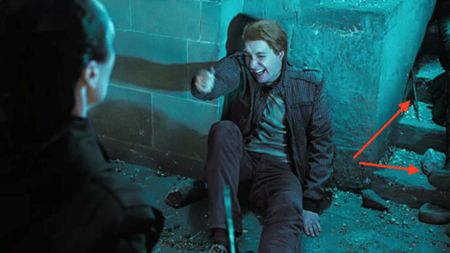
I Somehow Forgot That One Devastating Harry Potter Book Scene Wasn't Shown In The Movies
By Kelly West Published -

I Rewatched The Least-Talked About '80s Brat Pack Movie, And The Cringe Factor Is Through The Roof
By Hugh Scott Published -

I Love The Way Scream 7 Used Matthew Lillard, But One Big Cameo Made Zero Sense To Me
By Nick Venable Published -
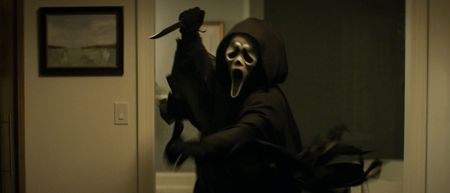
Scream 7 Review: The Slasher Franchise Has Finally Become What It Originally Parodied
By Eric Eisenberg Published -

‘I F–ked Up.’ Shia LaBeouf Doesn’t Hold Back About His Mardi Gras Altercation As Police Issue New Arrest Warrant
By Erik Swann Published -
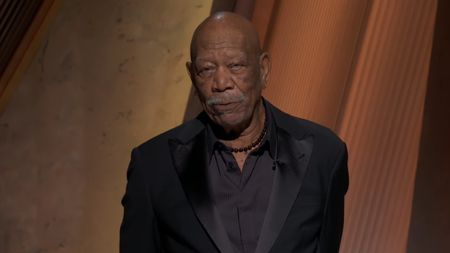
Morgan Freeman Has A Blunt, Three-Word Response When Asked How He Feels About AI Trying To Mimic His Iconic Voice
By Nick Venable Published
-
Explore Movies
Box Office
-
-

I Thought A Minecraft Movie Had The Domestic Box Office Record For 2025 In The Bag, But The Crown Has Now Been Stolen
By Eric Eisenberg Published -
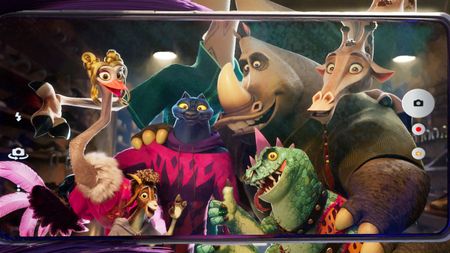
GOAT Takes Down Wuthering Heights At The Box Office With An Excellent Second Weekend
By Eric Eisenberg Published -

One Of The Biggest Box Office Weekends Of 2026 Sees Wuthering Heights Dominate For Valentine's Day
By Eric Eisenberg Published -

Send Help Survives At Number One With Solid Numbers On A Slow Box Office Weekend
By Eric Eisenberg Published -

Send Help Wins The Box Office With The Biggest Weekend Of 2026 So Far, But It Had Some Surprising Competition
By Eric Eisenberg Published -

Avatar: Fire And Ash Falls From The Top Of The Weekend Box Office As Mercy Takes #1
By Eric Eisenberg Published -
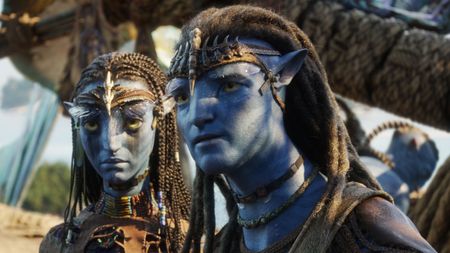
Will 28 Years Later: The Bone Temple Take Down Avatar: Fire And Ash At The Weekend Box Office? It's Going To Be A Photo Finish
By Eric Eisenberg Published -

Primate And Greenland 2 Prove Light Competition For Avatar: Fire And Ash At The Weekend Box Office
By Eric Eisenberg Published -

First Box Office Weekend Of 2026 Delivers Milestones For Avatar: Fire And Ash And The Housemaid
By Eric Eisenberg Published
-
Features
-
-

I'm Totally Psyched IMAX Is Showing Some F1 Races In Theaters, But I'm Disappointed By One Race
By Hugh Scott Published -

Upcoming Video Game Movies And Shows I Can’t Wait To See In 2026 And Beyond – Super Mario Galaxy, Mortal Kombat II, And More
By Philip Sledge Last updated -

It Would Be Historic If Timothée Chalamet Wins The Best Actor Oscar, And I Hope It Sets A Precedent
By Hugh Scott Published -
 New Issue
New IssueWitness The Resurrection Of THE BRIDE! With The Latest Issue Of SFX
By SFX Last updated -
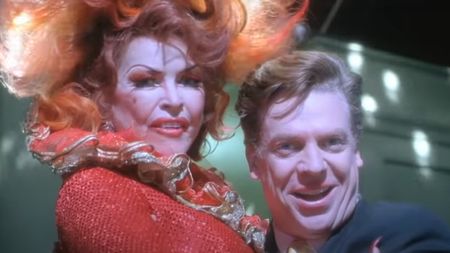
The Best Free Movies Online And Where To Watch Them
By Jason Wiese Last updated -

We're Less Than A Year Away From Dune: Part Three, And We've Already Learned A Lot About The Film
By Hugh Scott Last updated -

Upcoming Book-To-Screen Adaptations: What To Read Before The Movie Or TV Show
By Sarah El-Mahmoud Last updated -

Bond, James Bond: All 8 Actors Who Played 007, From 1954 To Present
By Mike Reyes Last updated -

Johnny Depp And Amber Heard: A Timeline Of Their Professional And Personal Relationship
By Philip Sledge Last updated
-
More about Movies
-
-

Morgan Freeman Has A Blunt, Three-Word Response When Asked How He Feels About AI Trying To Mimic His Iconic Voice
By Nick Venable Published -
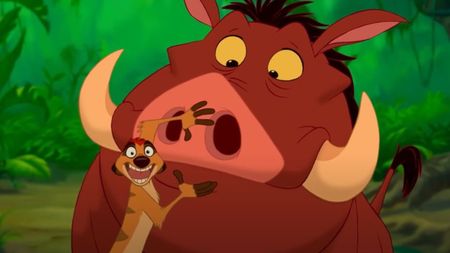
I Just Learned What The Lion King's Opening Lyrics Actually Mean, And I Can't Stop Laughing
By Mick Joest Published -

Ahead Of The Live-Action Legend Of Zelda Movie, Zelda’s Voice Actress Asked A Link-Related Question I Hadn't Thought Of
By Mick Joest Published
-